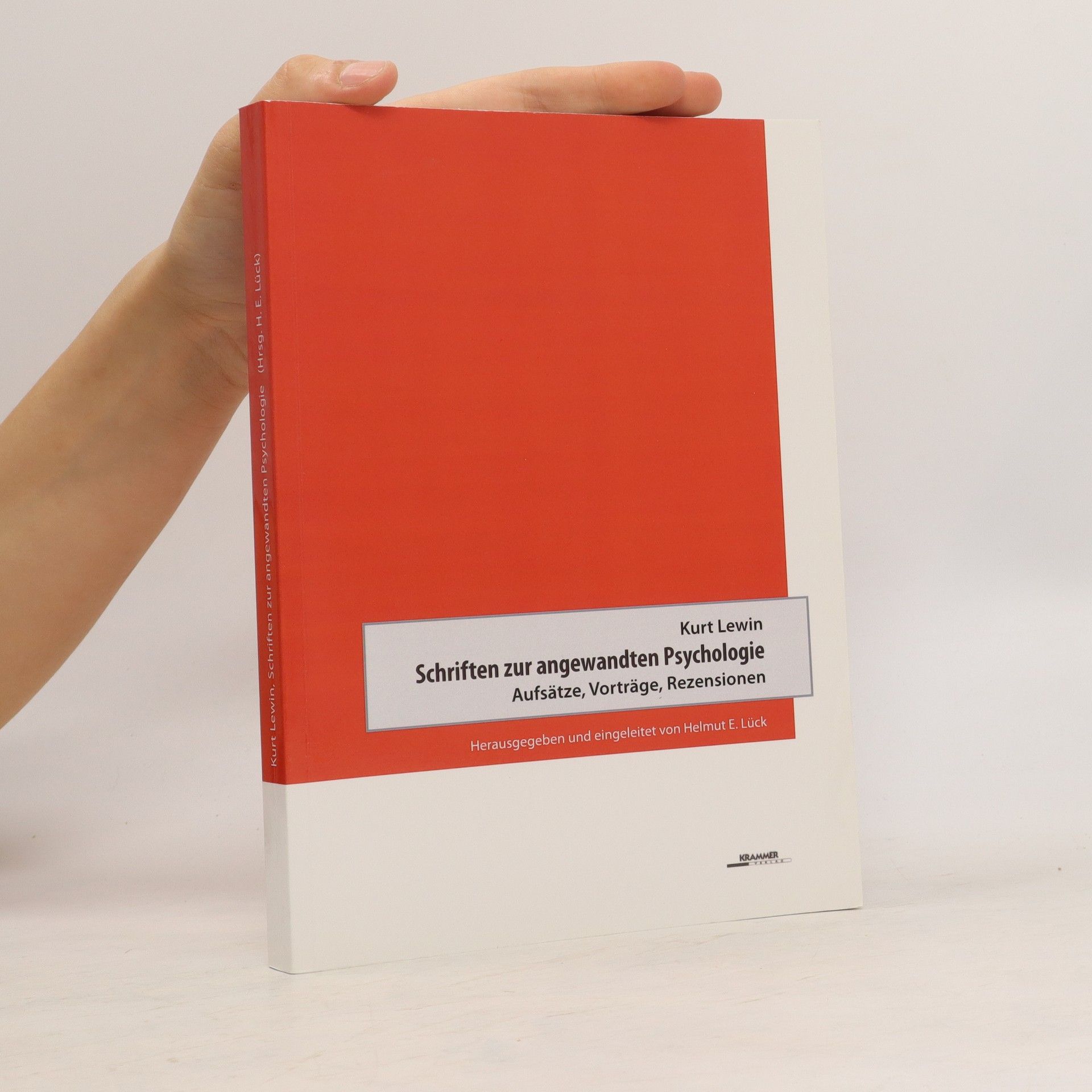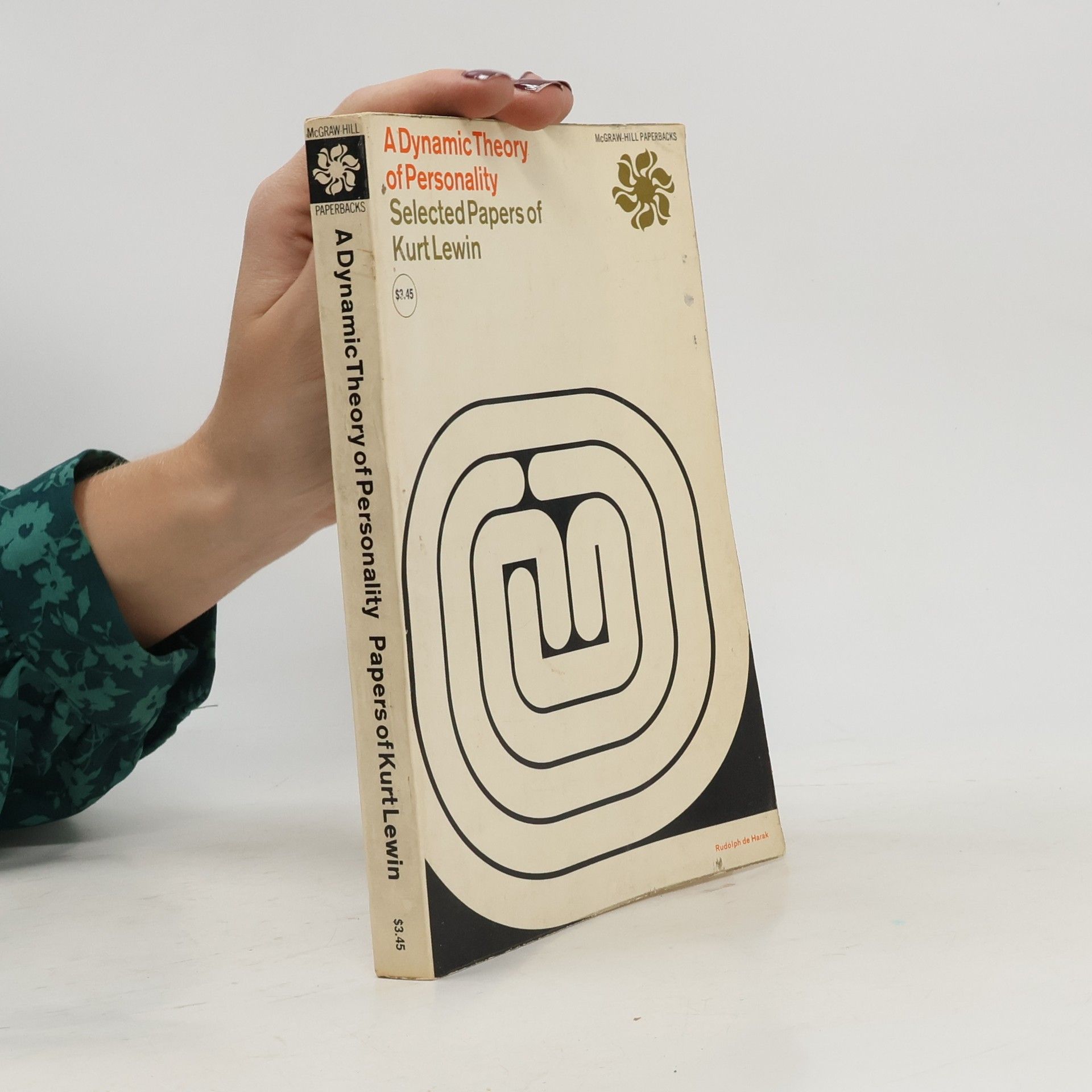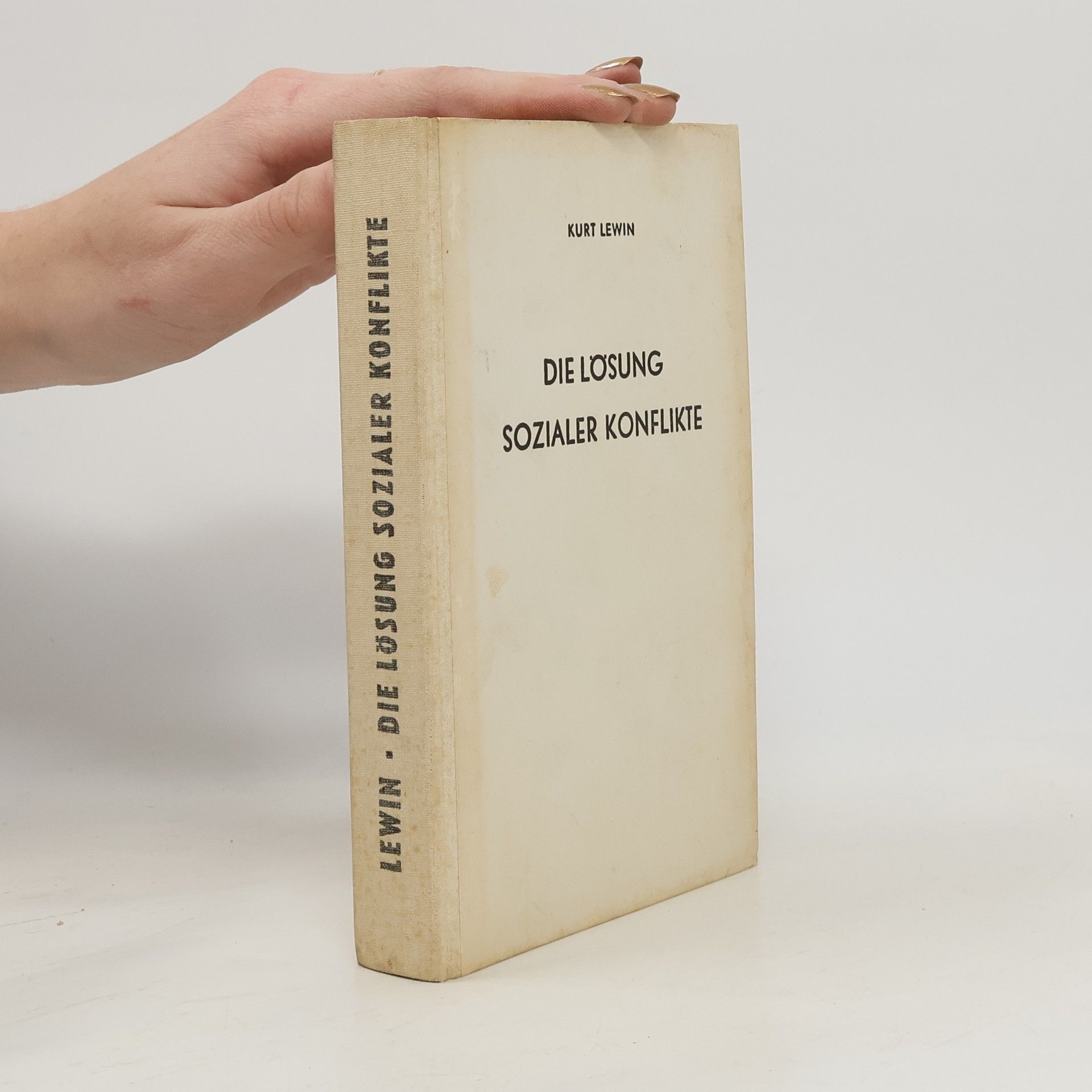Kurt Lewin Libri
Kurt Lewin fu uno psicologo tedesco-americano, riconosciuto come uno dei pionieri moderni della psicologia sociale, organizzativa e applicata negli Stati Uniti. Esiliato dalla sua terra natale, si costruì una nuova vita e lasciò un segno indelebile nel suo campo. Il suo lavoro è caratterizzato da un profondo interesse per le dinamiche del comportamento umano all'interno di gruppi e organizzazioni, sottolineando la comprensione dei fattori che guidano il cambiamento sociale. L'eredità di Lewin risiede nelle sue influenti teorie e metodologie che continuano a plasmare sia la ricerca accademica che le applicazioni pratiche della psicologia.







Kurt Lewin byl významným badatelem v oblasti sociální, organizační a aplikované psychologie. Předkládaný výbor akcentuje zejména Lewinovy práce týkající se teorie pole. Ta zdůrazňuje důležitost momentální situace, v níž se jedinec nachází, pro pochopení jeho chování a představuje perspektivu, ze které Lewin nahlížel na všechny problémy, jež ve svém vědeckém životě řešil. Teorie pole je představena jak na obecné rovině, tak pomocí konkrétních příkladů z oblasti vývojové psychologie (analýza učení), psychologie partnerského soužití (analýza manželského konfliktu) a psychologie malých sociálních skupin (skupinová dynamika). Věříme, že pro dnešního čtenáře budou inspirací nejen Lewinovy teoretické stati, ale i jeho mimořádná schopnost využívat aplikovaný výzkum pro řešení aktuálních společenských otázek. Zahrnuty jsou proto též texty věnované myšlence akčního výzkumu a aplikace obecných konceptů do každodenní praxe. Kurt Lewin (1890–1947) byl americký psycholog německého původu. Bývá považován za zakladatele sociální psychologie. Stál mimo jiné u počátků studia skupinové dynamiky. Byl osmnáctým nejcitovanějším psychologem ve 20. století.
Psychologie dynamique
Les relations humaines
Dieser Band fasst Lewins vielfältige Arbeiten zur angewandten Psychologie zusammen. Diese reichen von einigen frühen deutschsprachigen Arbeiten über psychische Sättigung, über Kongressvorträge, Auseinandersetzungen mit der Psychoanalyse bis hin zu Lewins späten Arbeiten zu Erziehung, Gruppenprozessen, Minoritäten und zur Aktionsforschung. Im Mittelpunkt steht die Feldtheorie von Lewin. Diese enthält historische Filme, wie u. a. Kurt Lewins Film „Das Kind und die Welt“ (1931), dazu zahlreiche weitere Dokumente zu Kurt Lewins Leben und Werk,
Dinamičeskaja psichologija
- 572pagine
- 21 ore di lettura
